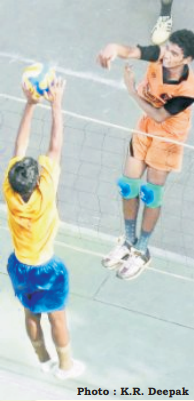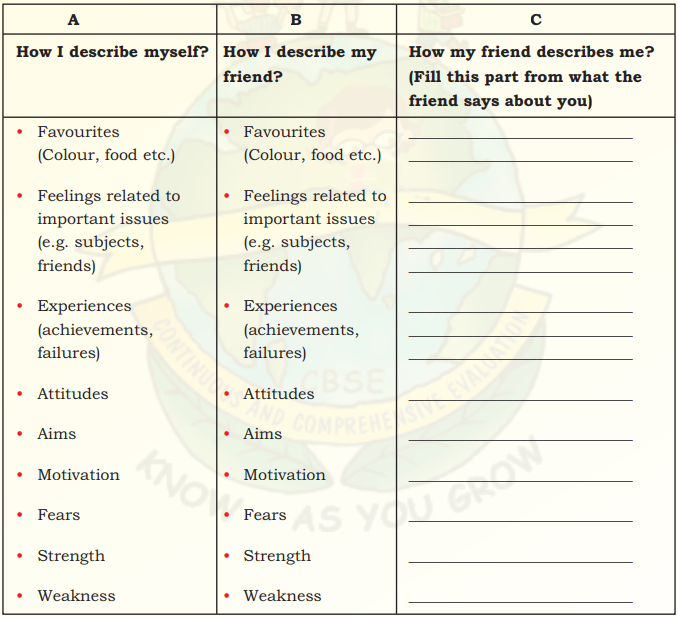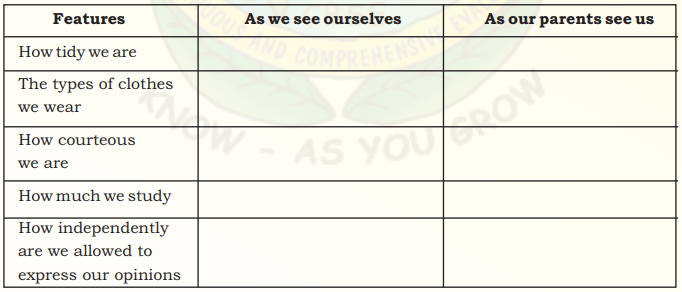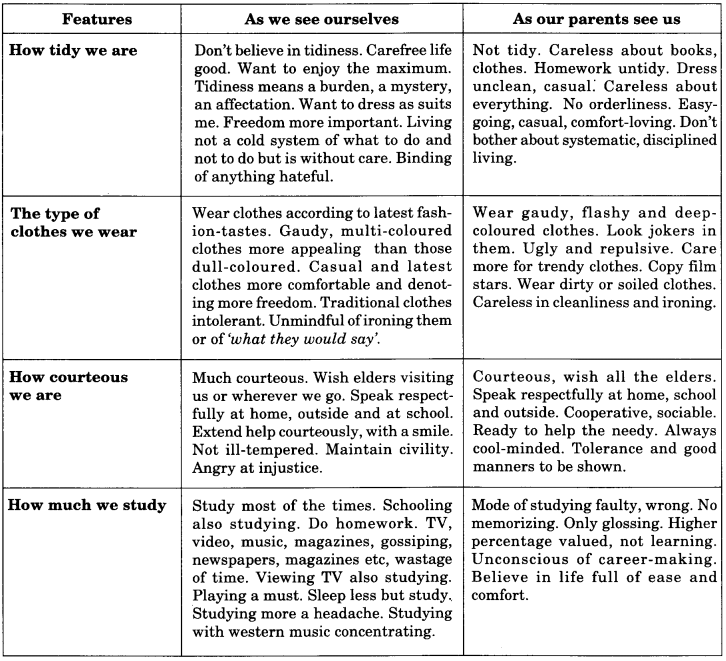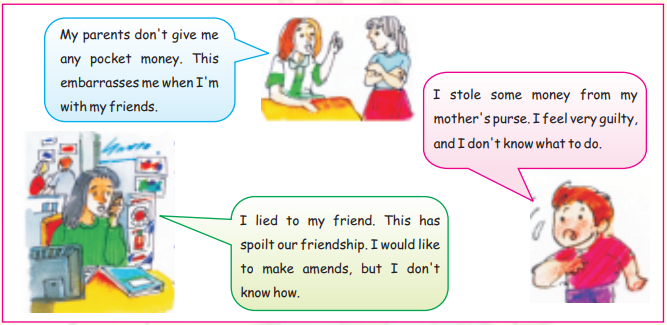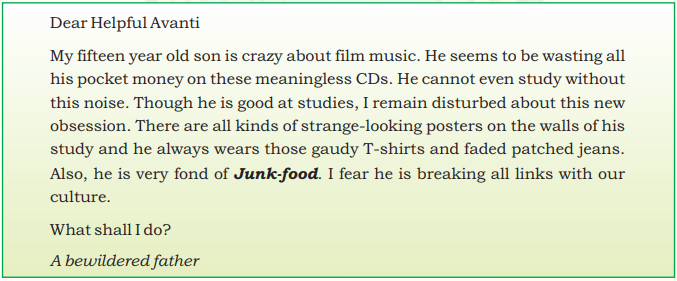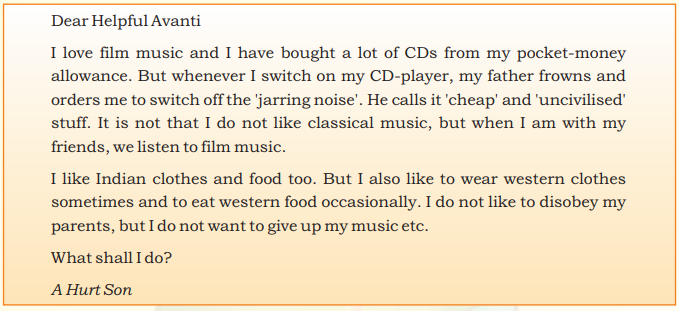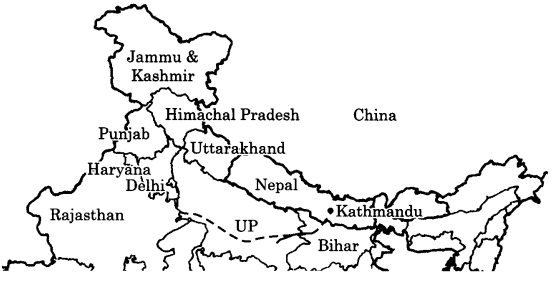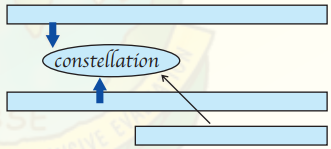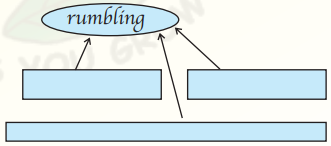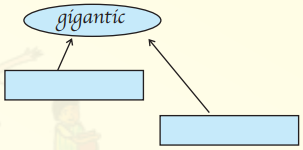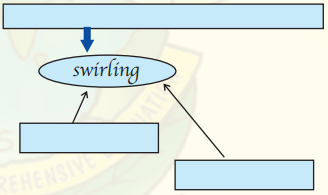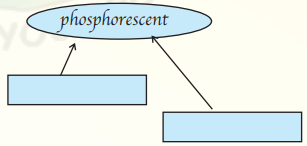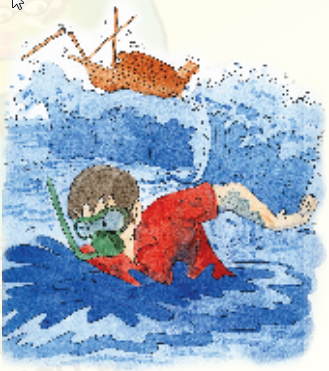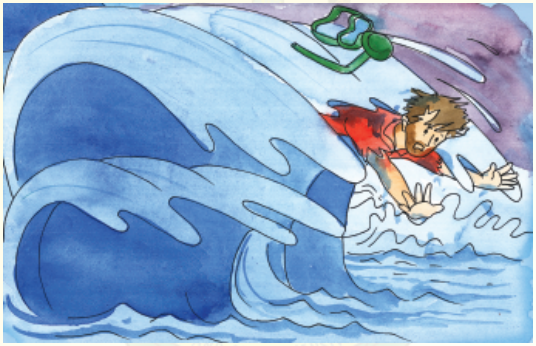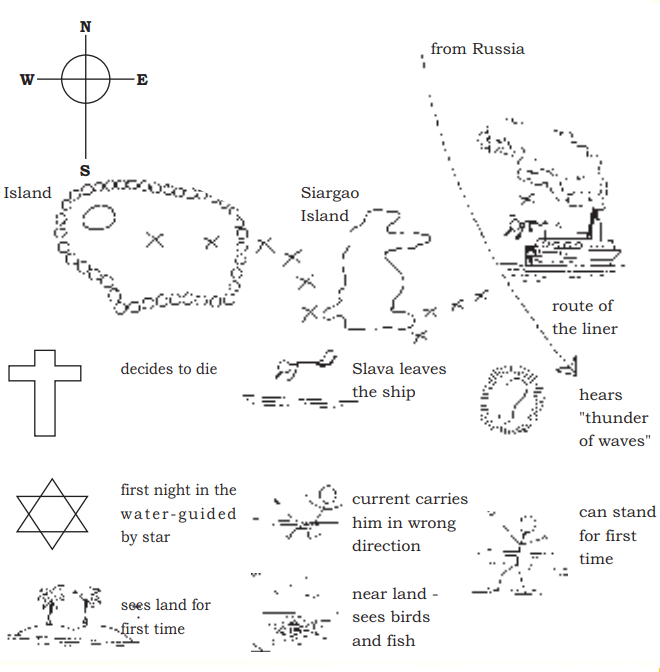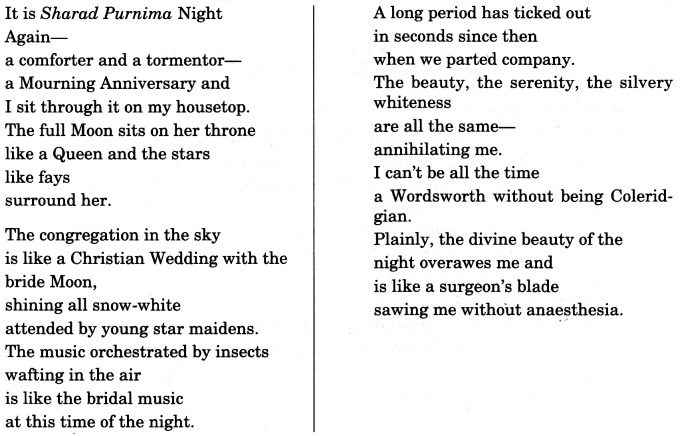NCERT Solutions for Class 9 English Beehive Chapter 2 The Sound of Music
NCERT Solutions for Class 9 English Beehive Chapter 2 The Sound of Music are part of NCERT Solutions for Class 9 English. Here we have given NCERT Solutions for Class 9 English Beehive Chapter 2 The Sound of Music.
| Board | CBSE |
| Textbook | NCERT |
| Class | Class 9 |
| Subject | English Beehive |
| Chapter | Chapter 2 |
| Chapter Name | The Sound of Music |
| Category | NCERT Solutions |
TEXTUAL EXERCISES
(Page 20 & 25)
THINKING ABOUT THE TEXT
I. Answer these questions in a few words or a couple of sentences each.
- How old was Evelyn when she went to the Royal Academy of Music ?
- When was her deafness first noticed ? When was it confirmed ?
Answers
- Evelyn was not even seventeen when she went to the Royal Academy of Music in London.
- Her deafness was first noticed by her mother. It was when Evelyn was eight-year- old. By the time she was eleven it was confirmed.
II. Answer each of these questions in a short paragraph. (30-40 words).
1. Who helped her to continue with music ? What did he do and say ?
Or
Who helped Evelyn to continue with music ? What was his/her advice to Evelyn ? (CBSE)
2. Name the various places and causes for which Evelyn performs.
Answers
- Ron Forbes, the percussionist, spotted her potential. He tuned two large drums to different notes. He said to Evelyn not to listen through her ears. She should listen through some other way instead.
- She plays for the regular concerts. She also gives free concerts in prisons and hospitals.
III. Answer the question in two or three paragraphs. (100-150 words).
- How does Evelyn hear music ?
Answers
1. Evelyn hears music not through her ears. But she hears it some other ways. She feels the higher drum from the waist up and the lower one from the waist down. She senses certain notes in different parts of her body. She has learnt to open her mind and body to various sounds and vibrations.
She says that the music pours in through every part of her body. It tingles in the skin, her cheekbones and even in her hair. Sometimes, she plays the xylophone. She can sense the sound passing up the stick into her fingertips. She can feel the resonance flowing into her body. She bares her feet on a wooden platform. She does so to let the vibrations pass through her bare feet and up her legs.
THINKING ABOUT THE TEXT
I. Tick the right answer :
- The (shehnai, pungi) was a ‘reeded noisemaker’.
- (Bismillah Khan, A barber, Ali Bux) transformed the pungi into a shehnai.
- Bismillah Khan’s paternal ancestors were (barbers, professional musicians).
- Bismillah Khan learnt to play the shehnai from (Ali Bux, Paigambar Bux. Ustad Faiyaaz Khan).
- Bismillah Khan’s first trip abroad was to (Afghanistan, U.S.A., Canada).
Answers
- pungi.
- Ali Bux
- professional musicians
- Ali Bux
- Afghanistan.
II. Find the words in the text which show Ustad Bismillah Khan’s feelings about the items listed below. Then mark a tick (✓) in the correct column. Discuss your answers in class.
| Bismillah Khan’s feelings about | Positive | Negative | Neutral |
| 1. teaching children music | |||
| 2. the film world | |||
| 3. migrating to the U.S.A. | |||
| 4. playing at temples | |||
| 5. getting the Bharat Ratna | |||
| 6. the banks of the Ganga | |||
| 7. leaving Benaras and Dumraon |
Answers
Answers to be ticked as such are :
- Positive
- Negative
- Negative
- Neutral
- Positive
- Positive
- Negative
Notes : Students can discuss these in the class, as desired with reference to what is given in the chapter.
III. Answer these questions in 30-40 words.
- Why did Aurangzeb ban the playing of the pungi ?
- How is a shehnai different from a pungi ? (CBSE)
- Where was the shehnai played traditionally ? How did Bismillah Khan change this ?
- When and how did Bismillah Khan get his big break ?
- Where did Bismillah Khan play the shehnai on 15 August 1947 ? Why was the event historic ? (CBSE)
- Why did Bismillah Khan refuse to start a shehnai school in the U.S.A. ?
- Find at least two instances in the text which tell you that Bismillah Khan loves India and Benaras.
Answers
1. Aurangzeb banned the playing of the pungi for its sound. It had a shrill and unpleasant sound. It created noise only.
2. A shehnai is made of a natural hollow stem. It is longer and broader than the pungi. It has holes on the body of the pipe. It is played on with opening and closing these holes like a flute.
3. The shehnai was played traditionally in the Vishnu temple of Varanasi. His maternal uncle Ali Bux used to play the shehnai there. Bismillah Khan practised it in the temples of Balaji and Mangala Maiya. He changed it by creating Raagas in its playing.
4. Bismillah Khan got a big break. It was when he became a shehnai player on All India Radio. All India Radio was opened in Lucknow in 1938.
5. BismilHah Khan played the shehnai at the Red Fort in Old Delhi. He became the first Indian to greet the nation with his shehnai on August 15,1947. He played Raag Kafi to an audience there. It included Mahatma Gandhi and Pandit Jawaharlal Nehru.
6. He refused to start a shehnai school in the USA. It was because there was no Ganga there. The Ganga couldn’t also be taken up there. Whenever he was in the USA, he always missed seeing Hindustan.
7. Bismillah Khan loves India and Benaras much. He says that when he is in Mumbai, he thinks of Varanasi and the holy Ganga. When he is in a foreign land he keeps desiring to see Hindustan.
THINKING ABOUT LANGUAGE
I. Look at these sentences.
- Evelyn was determined to live a normal life.
- Evelyn managed to conceal her growing deafness from friends and teachers.
The italicised parts answer the questions : “What was Evelyn determined to do ?” and “What did Evelyn manage to do ?” They begin with a to-verb (to live, to conceal).
Complete the following sentences. Beginning with a to-verb, try to answer the questions in brackets.
- The school sports team hopes …….. (What does it hope to do ?)
- We all want ……… (What do we all want to do ?)
- They advised the hearing-impaired child’s mother ……. (What did they advise her to do ?)
- The authorities permitted us to ……. (What did the authorities permit us to do ?)
- A musician decided to ……. (What did the musician decide to do ?)
Answers
- to win
- to succeed
- to take her to a specialist
- play
- play a new Raaga
II. From the text on Bismillah Khan, find the words and phrases that match these definitions and write them down. The number of the paragraph where you will find the words/phrases has been given for you in brackets.
- the home of royal people (1) ……….. .
- the state of being alone (5) ……….. .
- a part which is absolutely necessary (2) ……… .
- to do something not done before (5) ……… .
- without much effort (13) …….. .
- quickly and in large quantities (9) …….. and …….. .
Answers
- royal residence
- solitude
- an indispensable component
- improvise
- effortlessly
- thick ; fast.
III. Tick the right answer.
- When something is revived, it (remains dead/lives again).
- When government bans something it wants it (stopped/started).
- When something is considered auspicious, (welcome itlavoid it).
- When we take to something, we find it (boring/interesting).
- When you appreciate something, you (find it good and useful/find it of no use).
- When you replicate something, you do it (for the first time/for the second time).
- When we come to terms with something it is (still upsetting/no longer upsetting).
Answers
- lives again
- stopped
- welcome it
- interesting
- find it good and useful
- for the second time
- no longer upsetting
WRITING
“If you work hard and know where you’re going, you’ll get there,” says Evelyn Glennie. You have now read about two musicians, Evelyn Glennie and Ustad Bismillah Khan. Do you think that they both worked hard ? Where did they want to ‘go’ ?
Answer these questions in two paragraphs, one on each of the two musicians.
Answers
Yes, I think they worked really very hard in their lives. Evelyn became deaf in her early age. This could be a great physical handicap. But she didn’t feel disheartened. She worked like a workaholic. She achieved worldwide recognition. She herself admitted that she had to work often harder than a classical musician. While as a young girl, Evelyn noticed a girl playing a xylophone. She decided there and then that she wanted to play it too. Soon she realized her wish. Through hard work she captured most of the top awards.
Bismillah Khan too worked very hard. He used to sit practising throughout the day. He would sit at the banks of the Ganga and practise in solitude. He felt inspired from the Ganga to invent new ragas. Bismillah Khan’s hard work brought him the country’s highest civilian award the ‘Bharat Ratna’. This is the maximum that an artist can go to.
We hope the NCERT Solutions for Class 9 English Beehive Chapter 2 The Sound of Music help you. If you have any query regarding NCERT Solutions for Class 9 English Beehive Chapter 2 The Sound of Music, drop a comment below and we will get back to you at the earliest.



